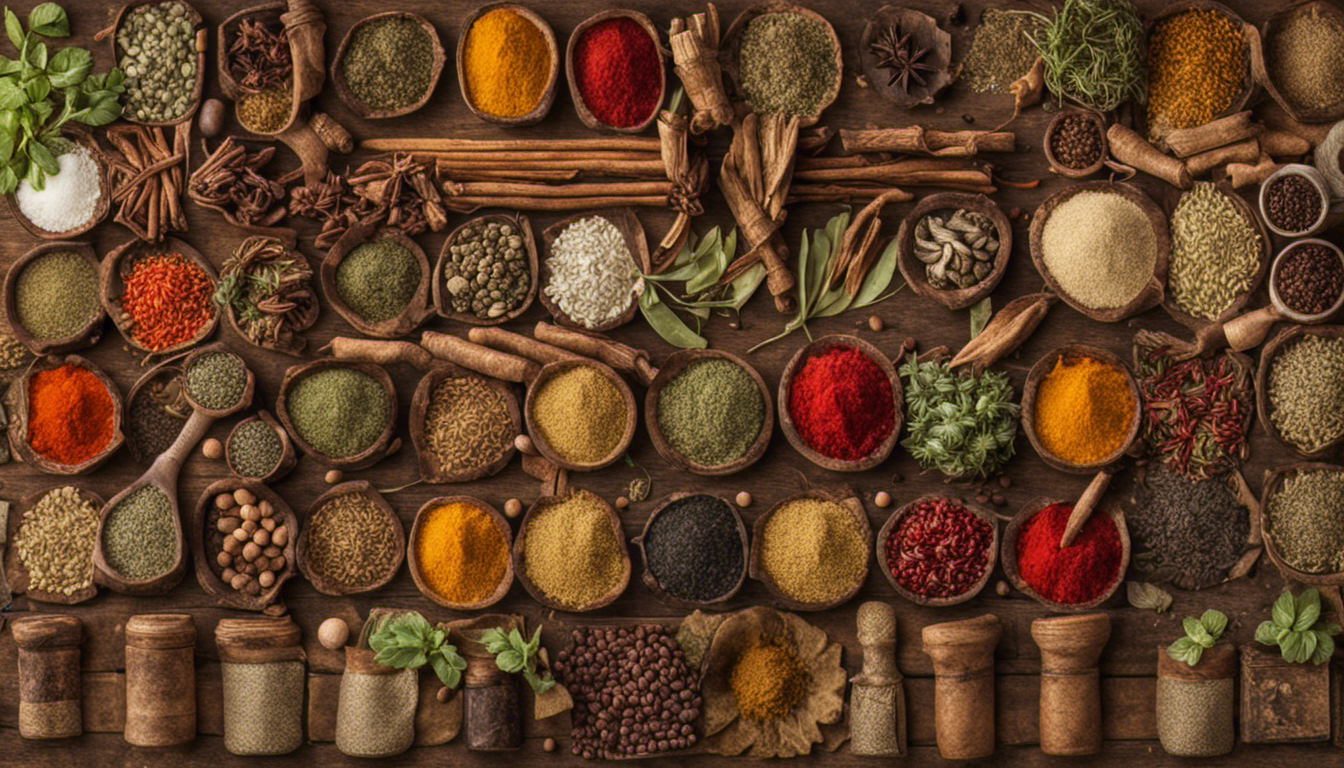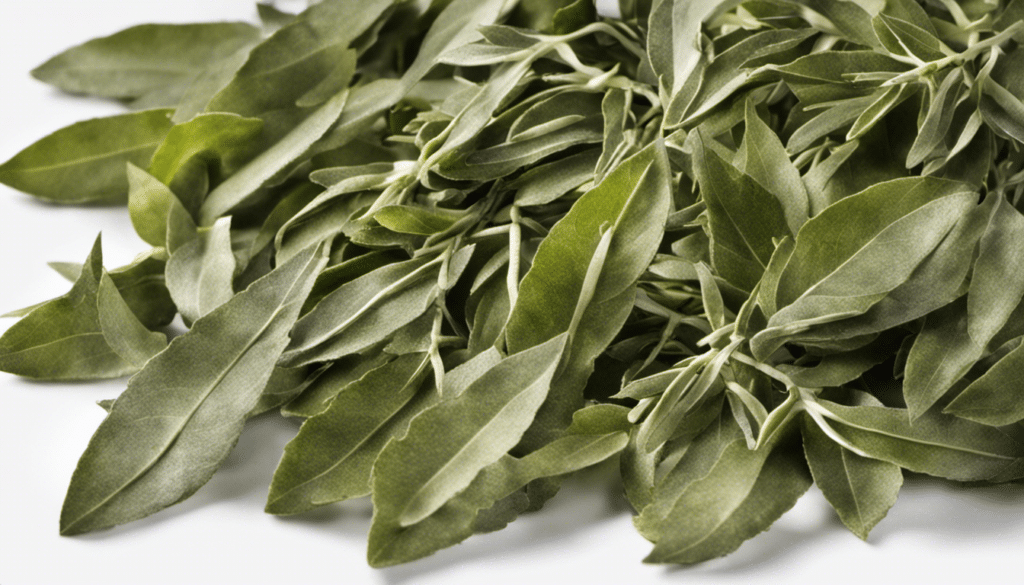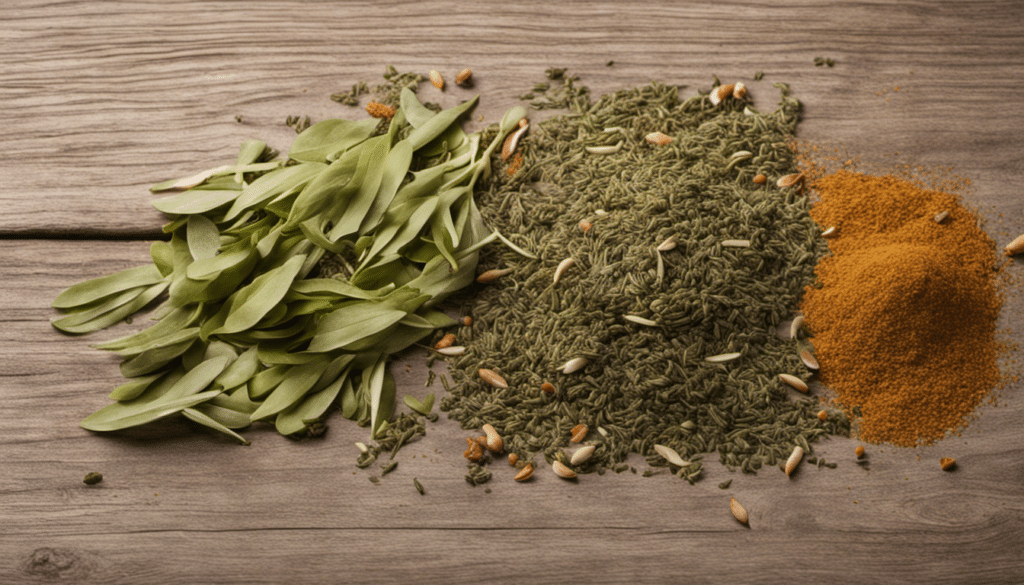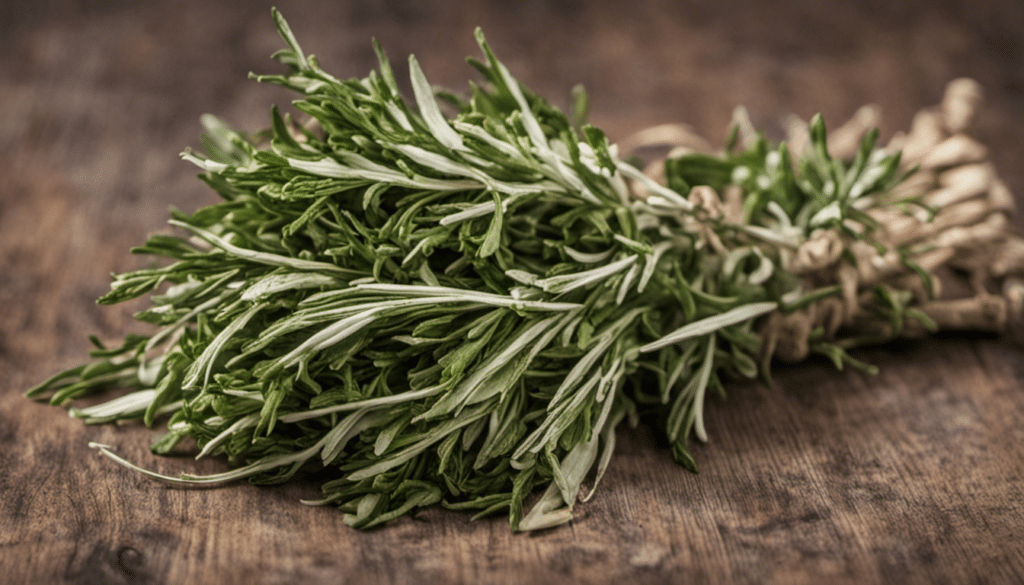Everything You Need to Know About Ajwain
Boasting an impressive number of health benefits, a distinctive flavor, and a rich history, Ajwain is an herb that has long been esteemed in various cuisines and traditional medicines. To fully appreciate this tiny but mighty herb, let’s dive deep into its intriguing background, its multiple aliases, and the perks that come with it.
Origins of Ajwain
Often mentioned in Sanskrit texts, Ajwain, also known as Bishop’s Weed or Trachyspermum ammi, traces its origins back to India, particularly to the southern state of Andhra Pradesh. Still widely cultivated in this region today, this ancient herb also finds its roots in the Middle East and is now grown in various parts of Asia and Africa.
In both culinary and medicinal contexts, Ajwain has been greatly appreciated over the centuries. In Indian cuisine, it’s a common feature in numerous dishes, contributing its unique, pungent, almost peppery taste. Meanwhile, in traditional Ayurvedic medicine, it’s lauded for its potent health properties. The essential oils extracted from its seeds are often used in aromatherapy and other holistic health practices.[1]
Health Benefits of Ajwain
The health benefits attributed to Ajwain are abundant, and all come from its rich combination of nutrients, including fiber, calcium, phosphorous, and iron, along with various essential oils.[2] Here’s a quick look at some of the potential health benefits of incorporating Ajwain into your diet:
- Digestive Health: A celebrated digestive aid, Ajwain is known to help alleviate indigestion, acid reflux, and bloating.
- Respiratory Health: With its strong antimicrobial and anti-inflammatory properties, Ajwain can help alleviate symptoms of common cold, bronchitis, and asthma.
- Heart Health: Ajwain is rich in potassium, an essential mineral that helps regulate blood pressure, thus promoting heart health.
Remember, while Ajwain does offer several health benefits, it should be regarded as part of a balanced, nutritious diet rather than a magic bullet for health. It’s always a good idea to consult a healthcare professional before making significant changes to your diet or health routine.
Ajwain’s Other Names
Ajwain goes by a multitude of names around the world. Apart from Bishop’s Weed, it’s also known as carom seeds in English speaking countries. Meanwhile, in Persian and Urdu, you’ll hear it referred to as ‘omam’ or ‘ajmo’, respectively. Other aliases include ‘ajowan’ and ‘ajwain caraway’, hinting at its resemblance to the taste of thyme and oregano.[3]
The versatility of Ajwain, both culinary and medicinally, combined with its rich historical roots, makes it an exciting herb to discover and incorporate into your pantry and lifestyle.
Ajwain Recipe Ideas
- Ajwain Paratha: Whole wheat bread flavored with ajwain seeds
- Ajwain Aloo: Spicy potatoes cooked with ajwain
- Ajwain Chicken Curry: Chicken cooked with ajwain seeds and other spices
- Ajwain Biscuits: Savory biscuits with a powerful ajwain flavor
- Ajwain Puri: Deep-fried bread flavored with ajwain seeds
- Ajwain Paneer: Cottage cheese cooked with ajwain seeds and other spices
- Ajwain Fish Curry: Fish cooked with ajwain seeds and a tangy tamarind sauce
- Ajwain Rice: Rice dish with ajwain flavor
- Ajwain Tomato Chutney: Tangy and spicy chutney flavored with ajwain seeds
- Ajwain Dal: Indian lentil soup with ajwain seeds




